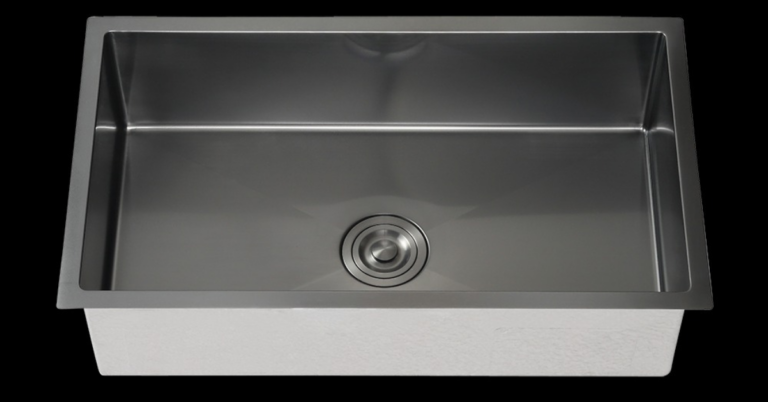Market Trends: Growth of the Residential Energy Management System Deployment and Installation Market
all panel 777, lesar247, 99 exch:Market Trends: Growth of the Residential Energy Management System Deployment and Installation Market
In recent years, the residential energy management system deployment and installation market have been experiencing significant growth. As more homeowners become environmentally conscious and seek ways to reduce their energy consumption, the demand for these systems has been steadily increasing. In this article, we will explore the market trends driving this growth and the benefits of investing in a residential energy management system.
The Rise of Smart Homes
One of the key factors driving the growth of the residential energy management system market is the rise of smart homes. Smart home technology enables homeowners to remotely control their appliances and devices, including heating and cooling systems, lighting, and energy usage. By integrating an energy management system into their smart home setup, homeowners can optimize their energy usage, reduce their utility bills, and lower their carbon footprint.
Government Initiatives and Incentives
Furthermore, government initiatives and incentives aimed at promoting energy efficiency have also contributed to the growth of the residential energy management system market. Many governments around the world offer tax credits, rebates, and other incentives to homeowners who invest in energy-efficient technologies, including energy management systems. These incentives make it more affordable for homeowners to install these systems, driving market growth.
Advancements in Technology
Advancements in technology have also played a crucial role in the growth of the residential energy management system market. Today’s energy management systems are more sophisticated and user-friendly than ever before, offering homeowners a wide range of features and capabilities. From real-time energy monitoring and reporting to smart scheduling and automation, these systems empower homeowners to take control of their energy usage and make informed decisions about their energy consumption.
Benefits of Residential Energy Management Systems
Investing in a residential energy management system offers a wide range of benefits for homeowners. Some of the key benefits include:
1. Lower Energy Bills: By optimizing energy usage and reducing waste, homeowners can lower their utility bills and save money in the long run.
2. Increased Energy Efficiency: Energy management systems help homeowners identify areas of energy waste and inefficiency, enabling them to make changes that improve overall energy efficiency.
3. Environmental Sustainability: By reducing energy consumption, homeowners can lower their carbon footprint and contribute to a more sustainable future.
4. Enhanced Comfort and Convenience: Energy management systems allow homeowners to control their home’s energy usage remotely, ensuring optimal comfort and convenience.
5. Improved Home Value: Installing an energy management system can increase the value of a home, making it more attractive to potential buyers.
FAQs
1. What is a residential energy management system?
A residential energy management system is a technology that enables homeowners to monitor, control, and optimize their home’s energy usage. These systems typically include energy monitoring devices, smart thermostats, and other technologies that help homeowners reduce energy waste and improve efficiency.
2. How much does a residential energy management system cost?
The cost of a residential energy management system can vary depending on the size of the home, the features included in the system, and other factors. On average, homeowners can expect to pay anywhere from a few hundred to a few thousand dollars for a complete energy management system installation.
3. Are there any government incentives available for investing in an energy management system?
Yes, many governments around the world offer tax credits, rebates, and other incentives to homeowners who invest in energy-efficient technologies, including energy management systems. Homeowners should check with their local government or utility provider to see what incentives are available in their area.
In conclusion, the growth of the residential energy management system deployment and installation market is driven by the rise of smart homes, government initiatives, advancements in technology, and the numerous benefits these systems offer homeowners. Investing in an energy management system can help homeowners save money, improve energy efficiency, reduce their carbon footprint, and increase the value of their homes. As the market continues to expand, more homeowners are likely to embrace these technologies to create more sustainable and efficient living spaces.







